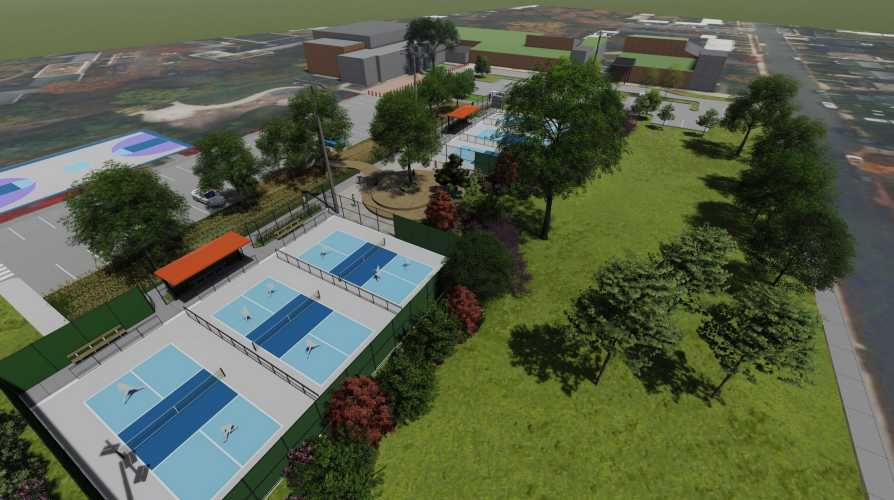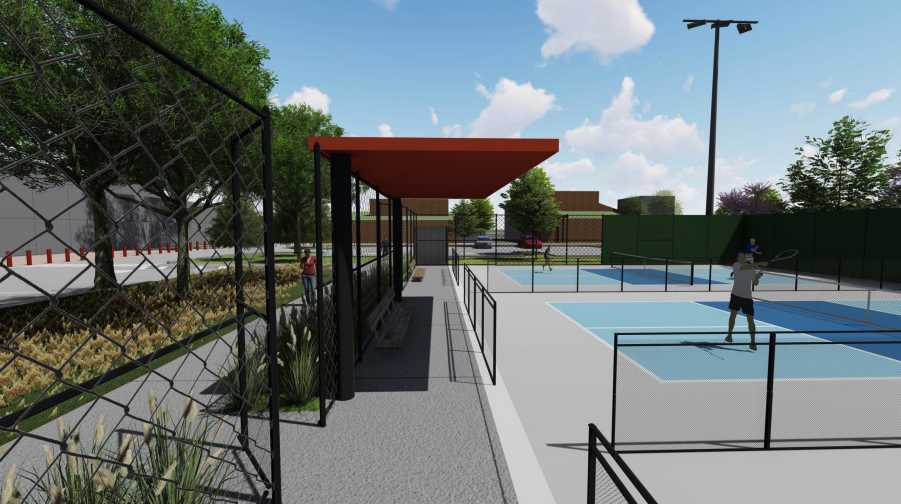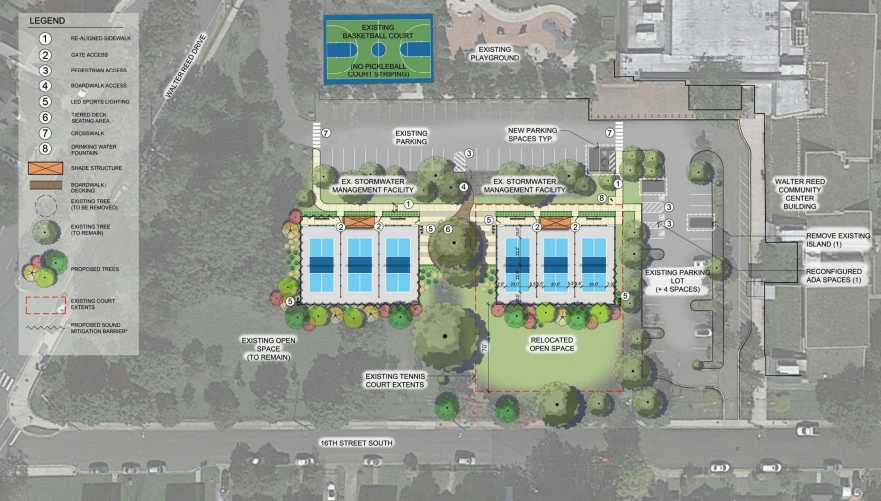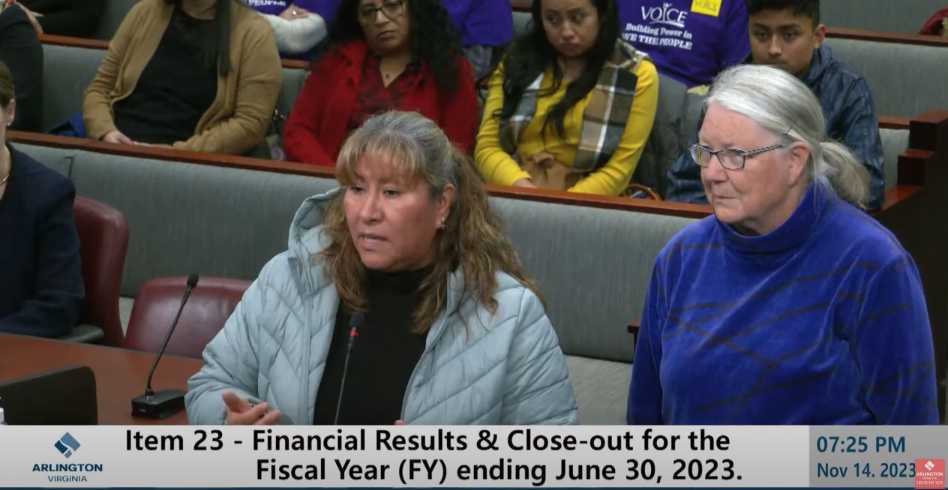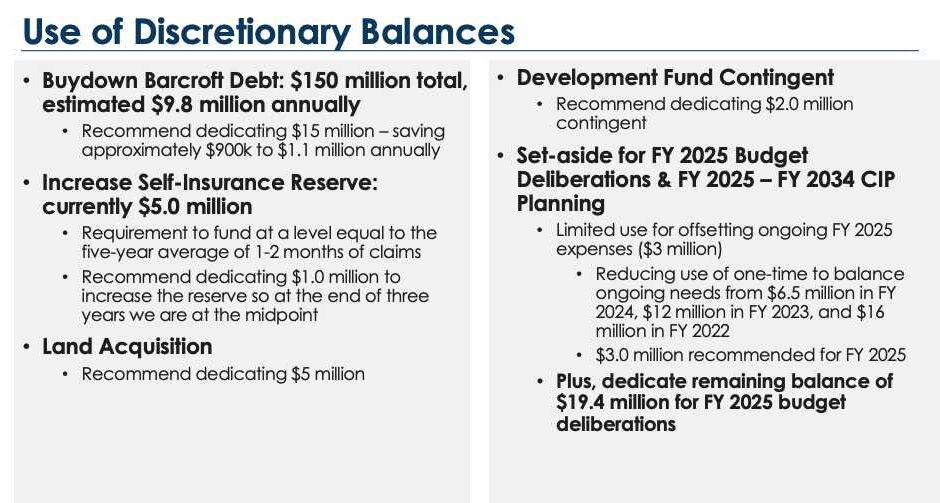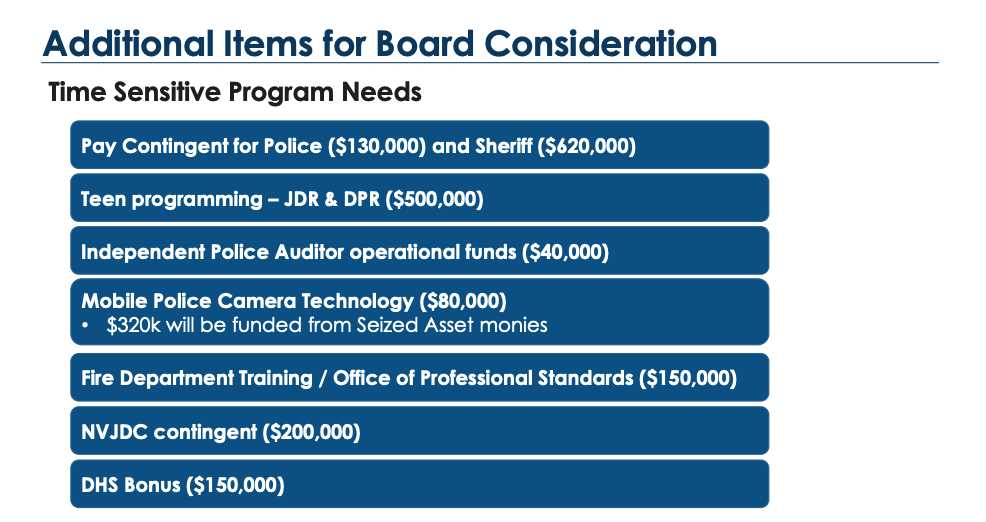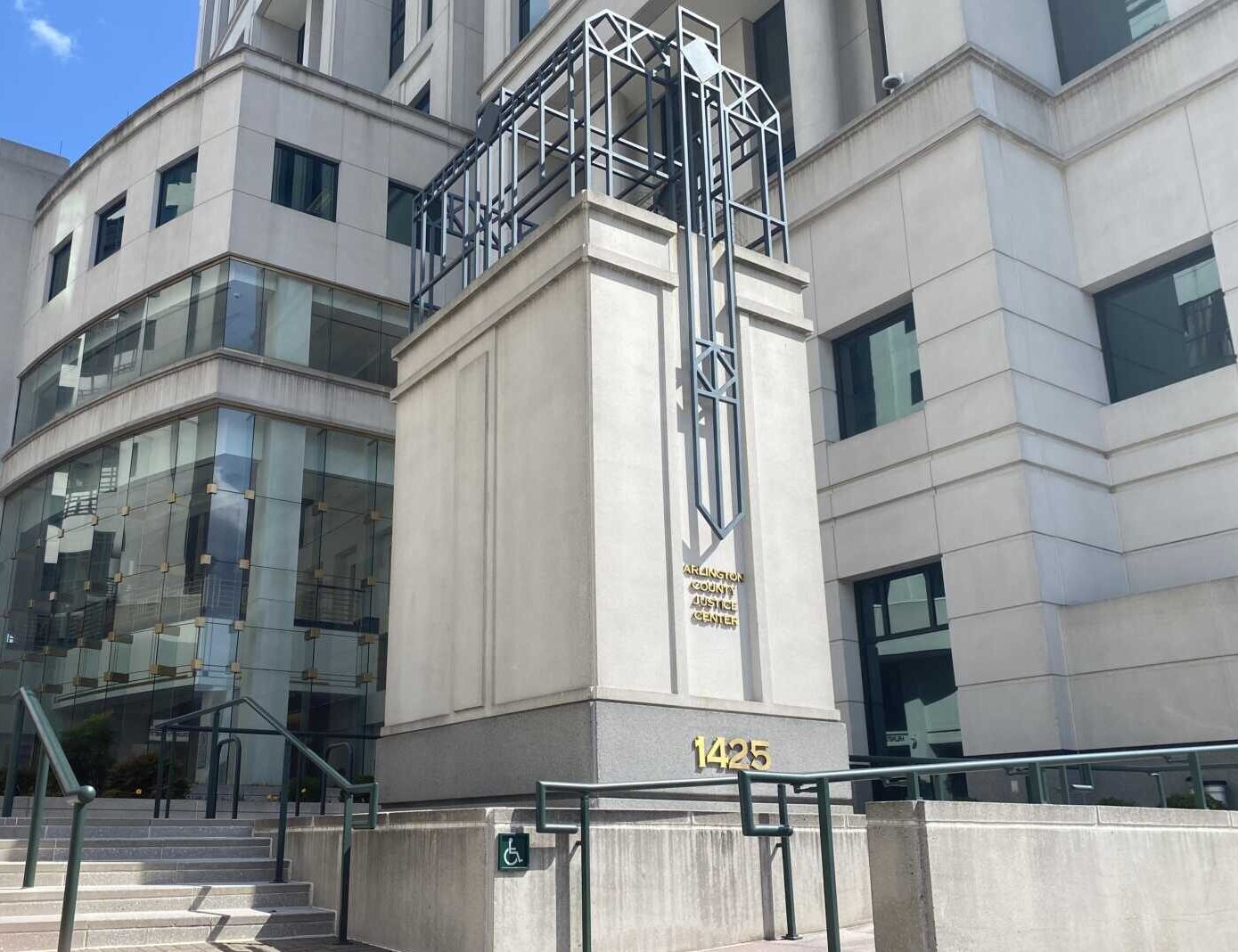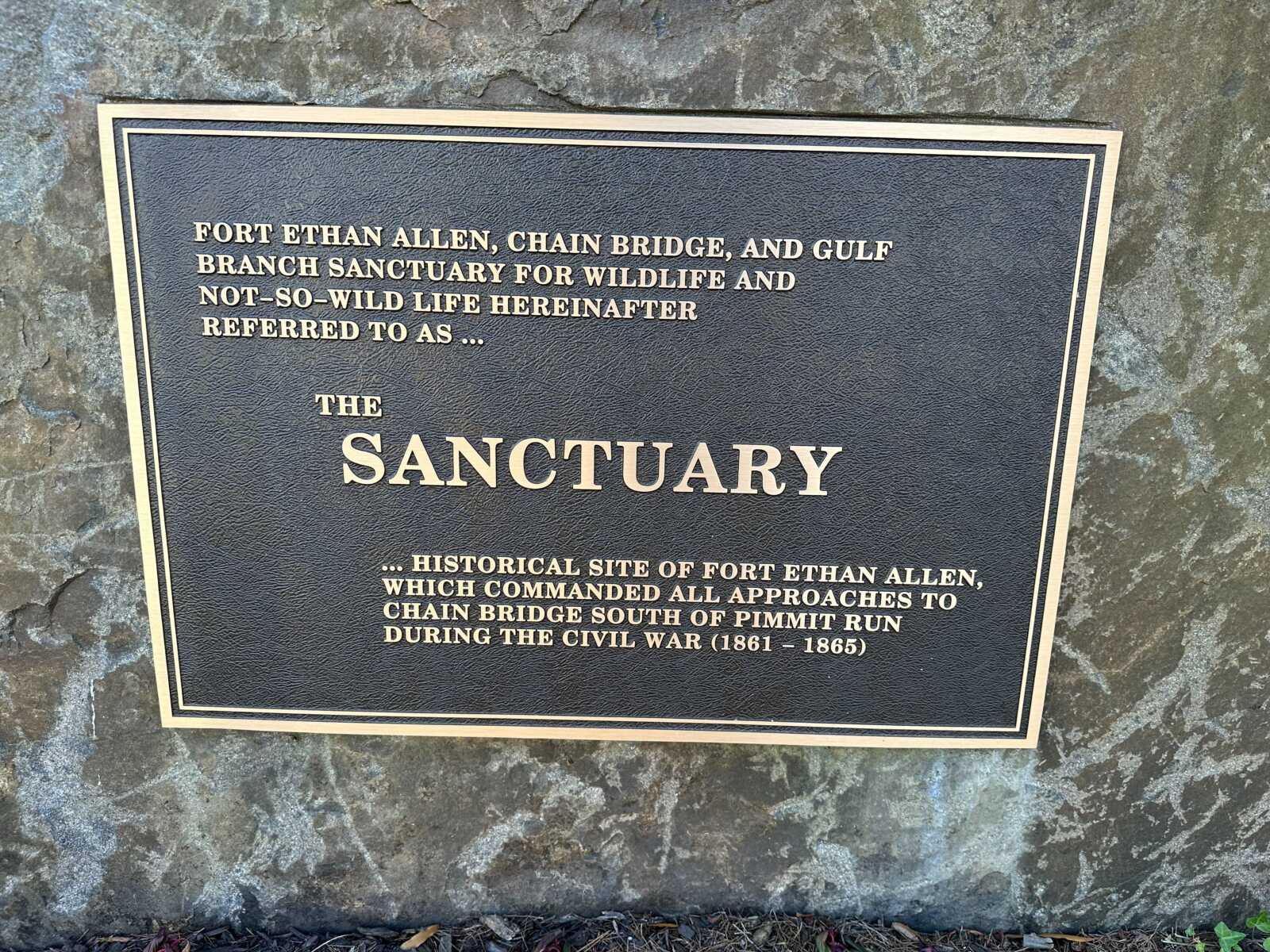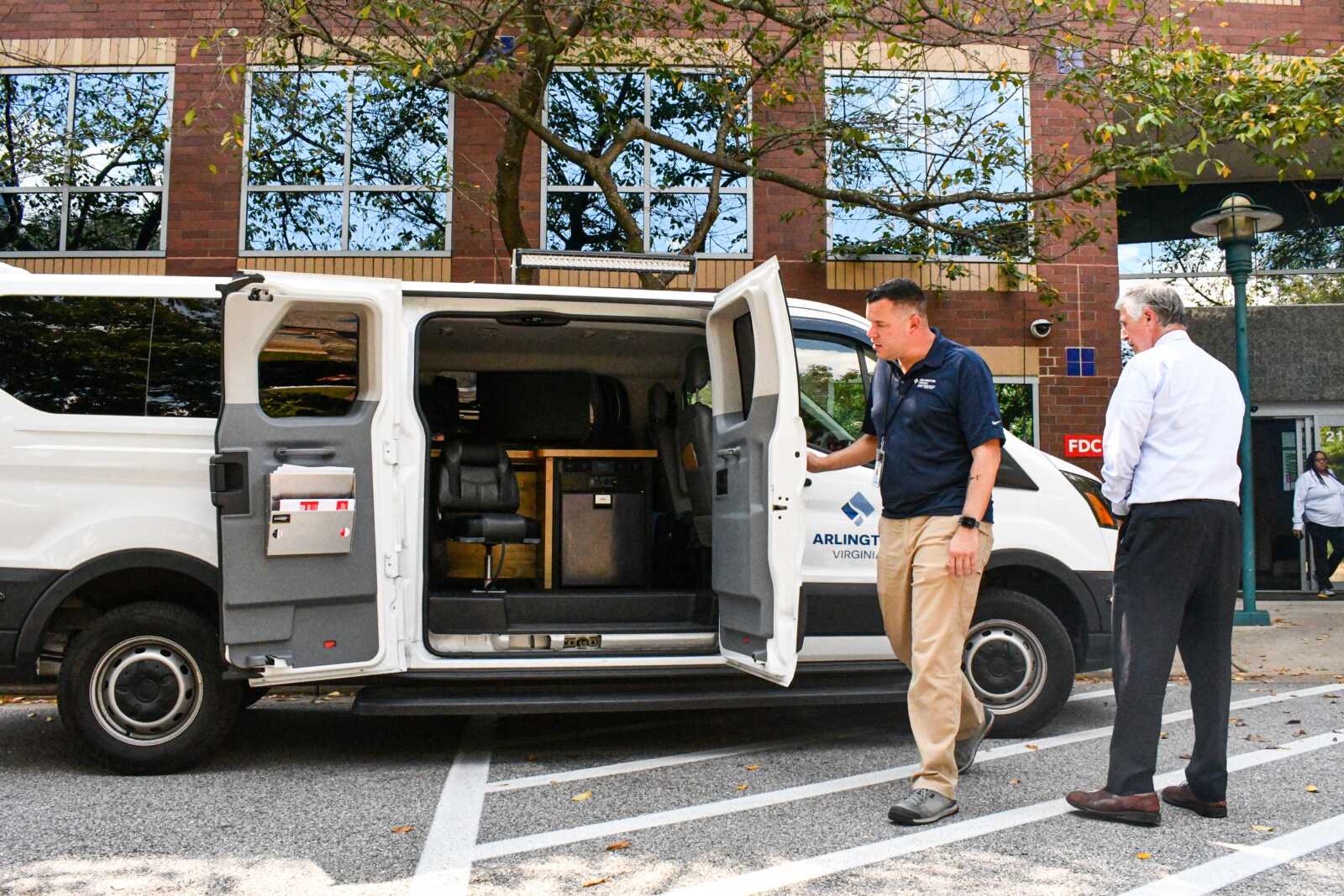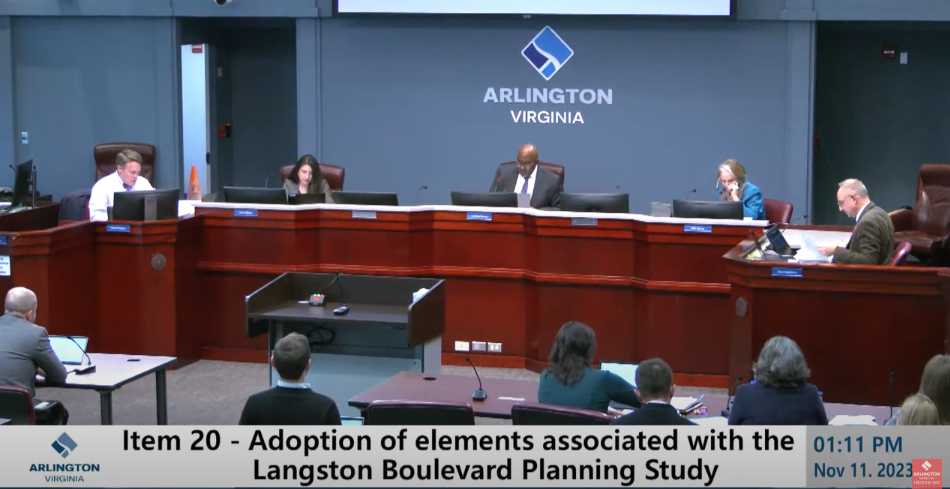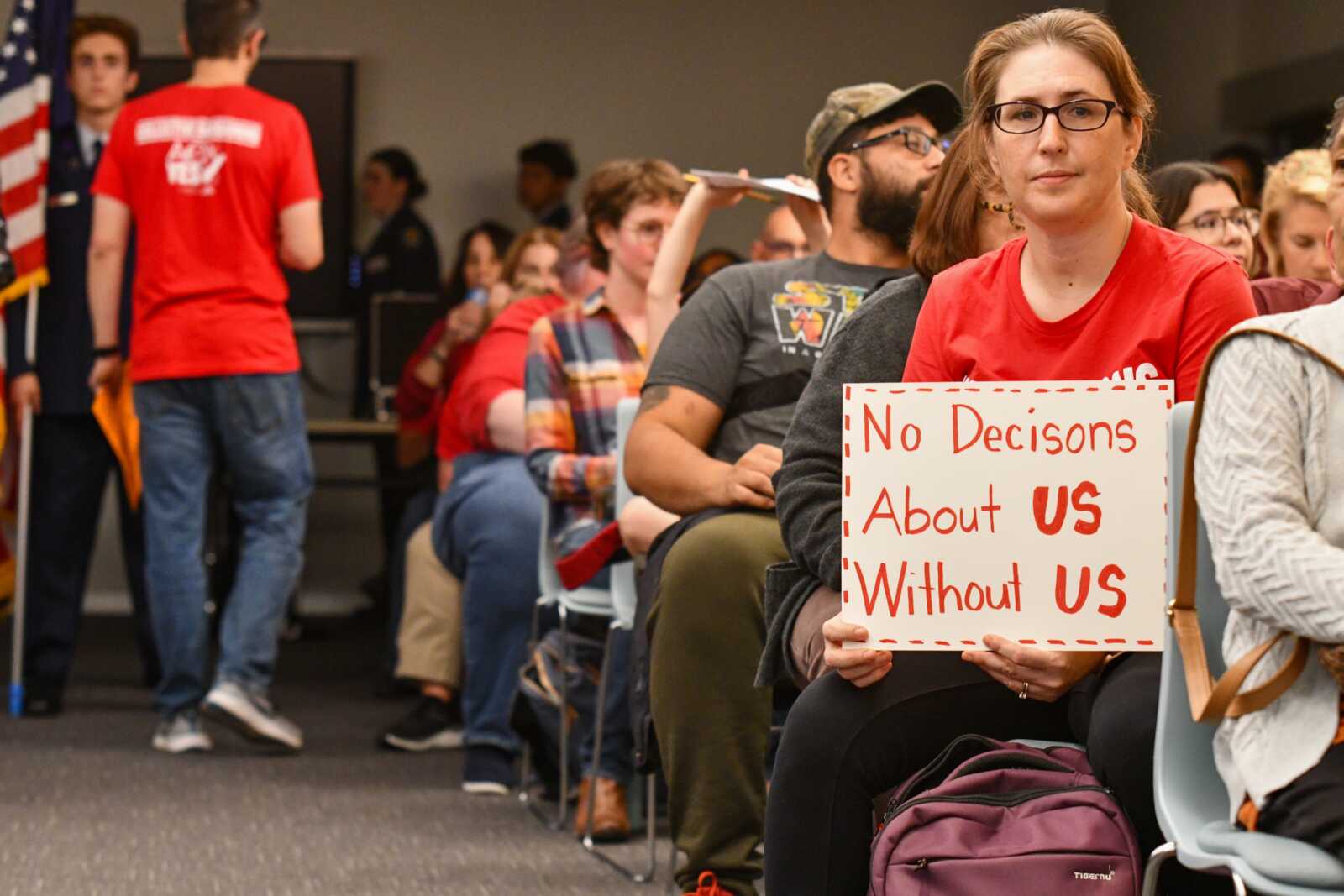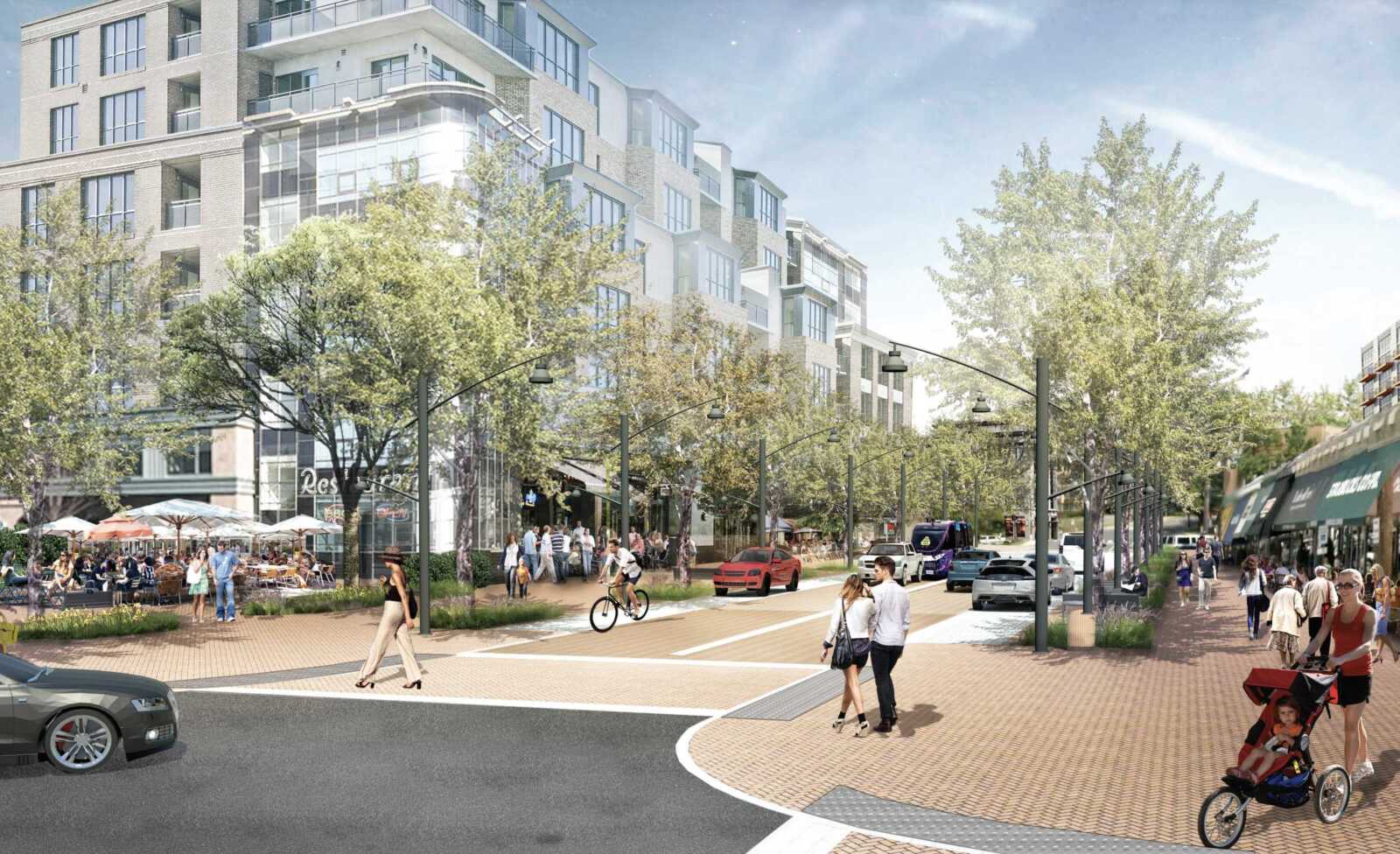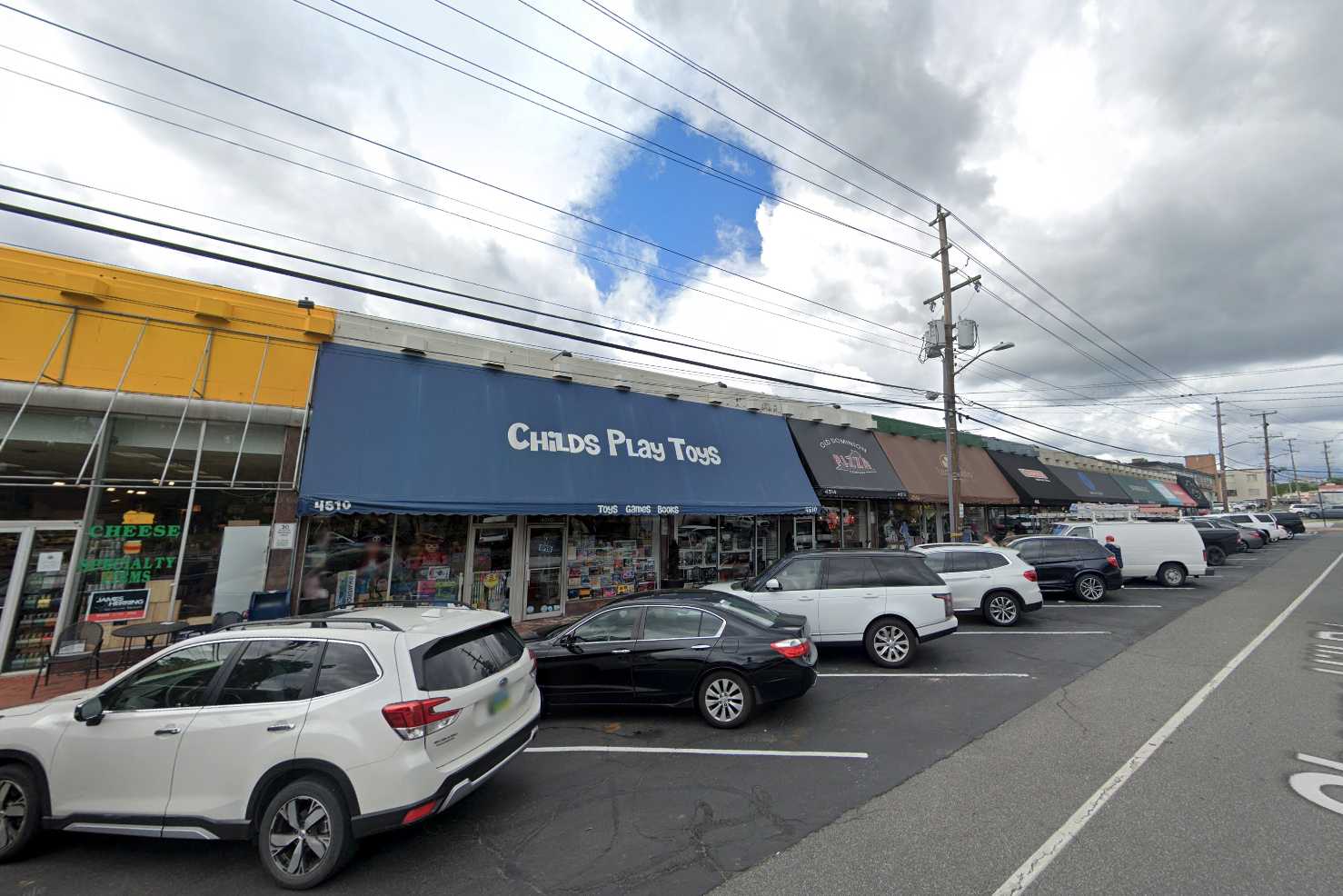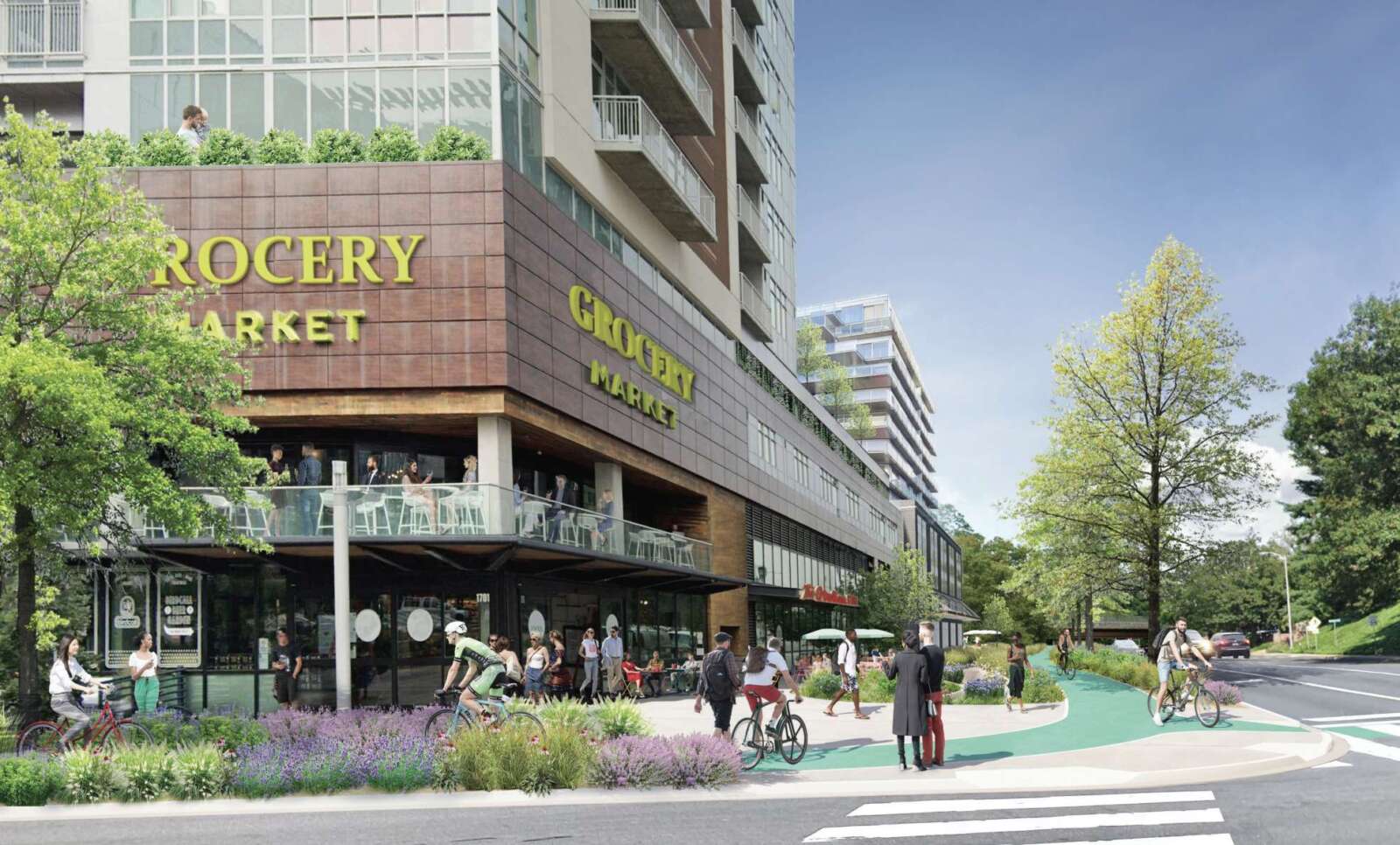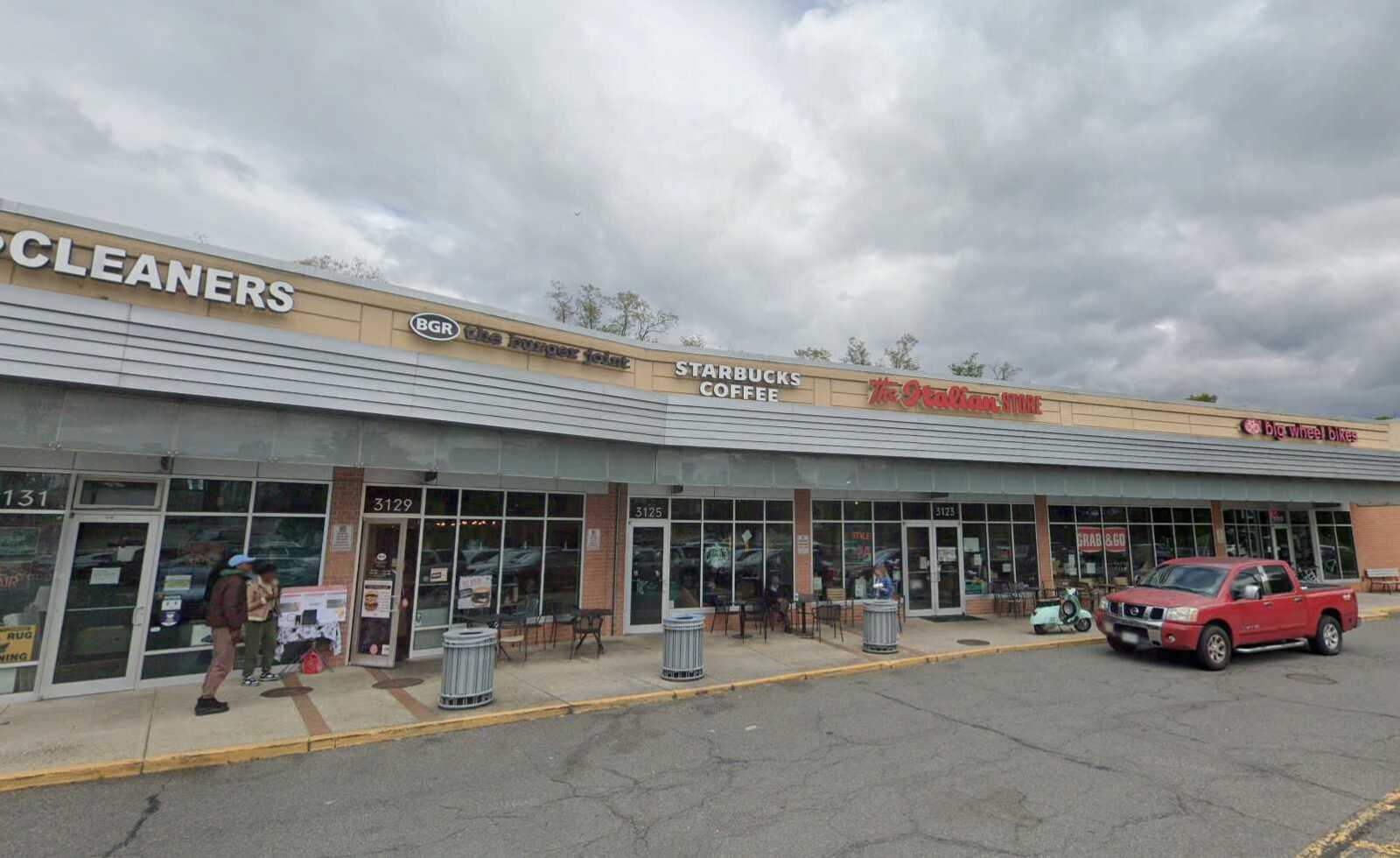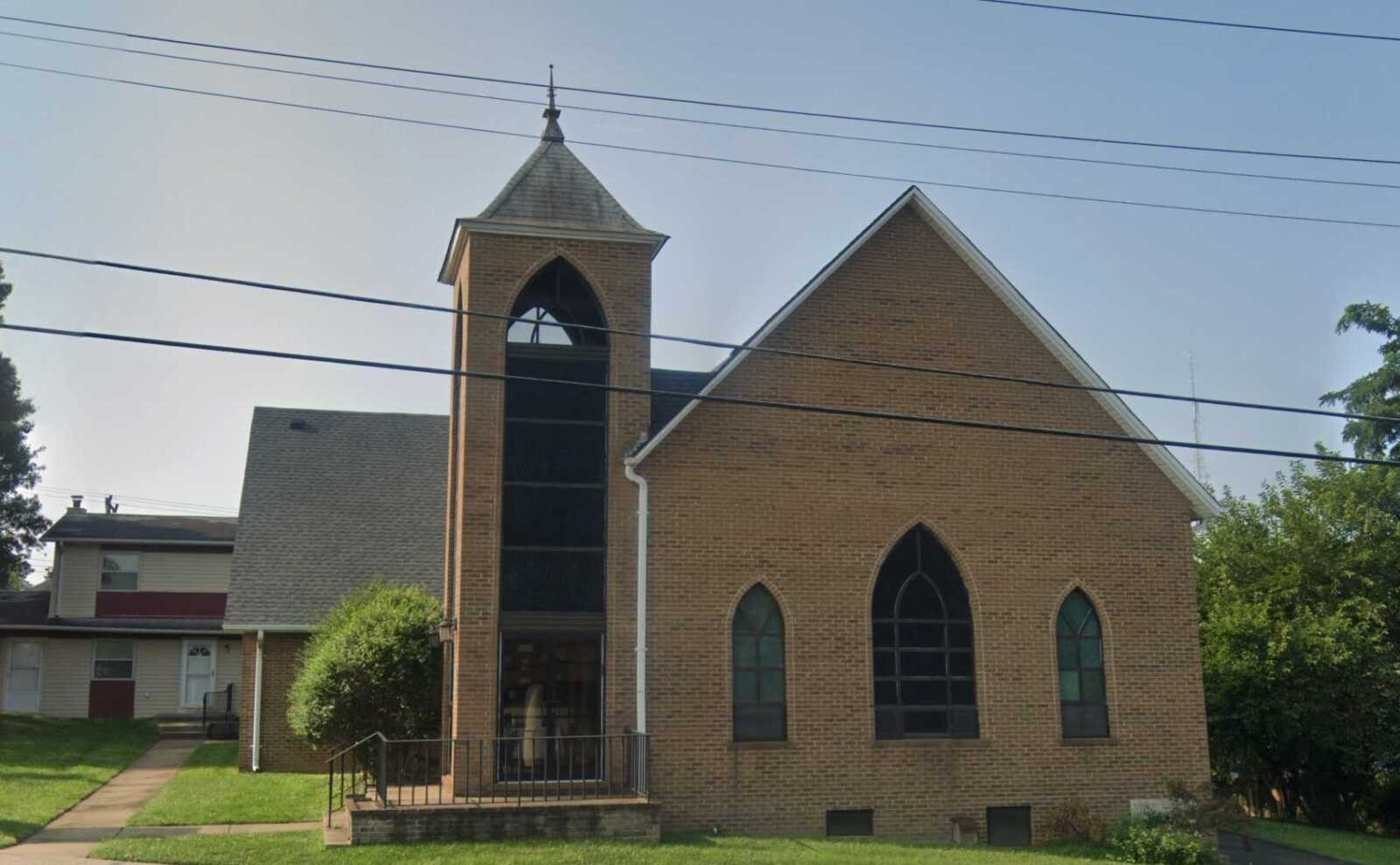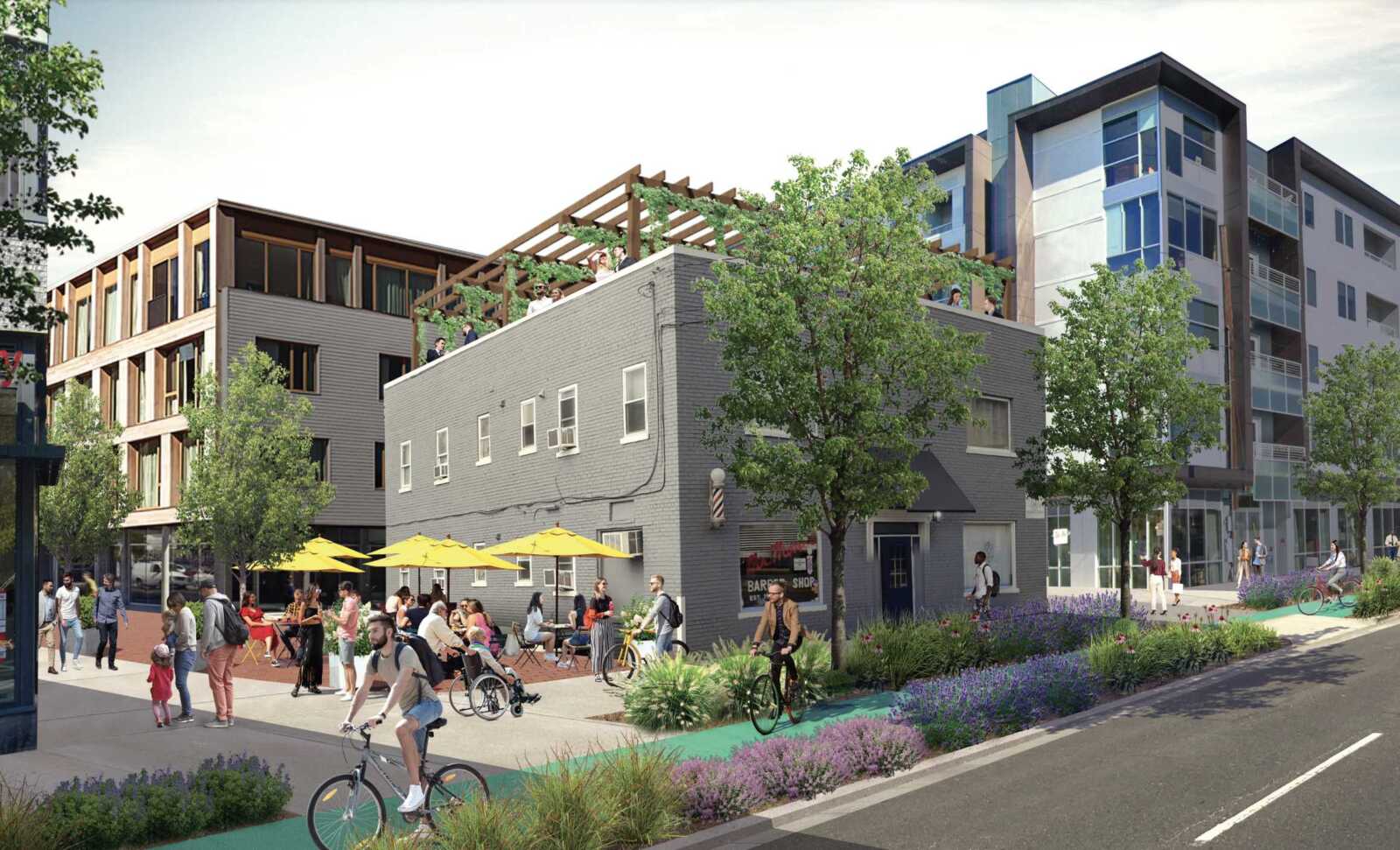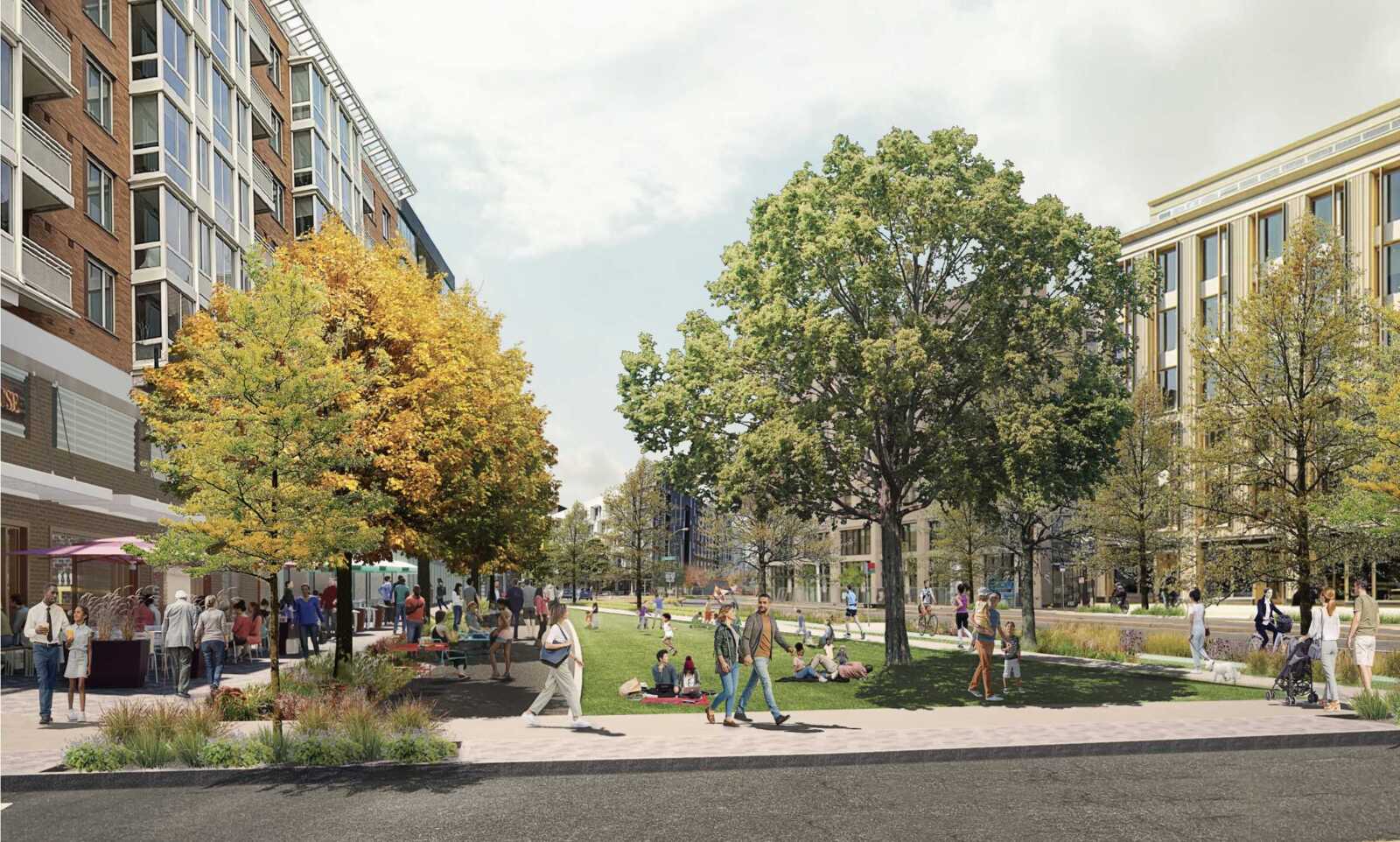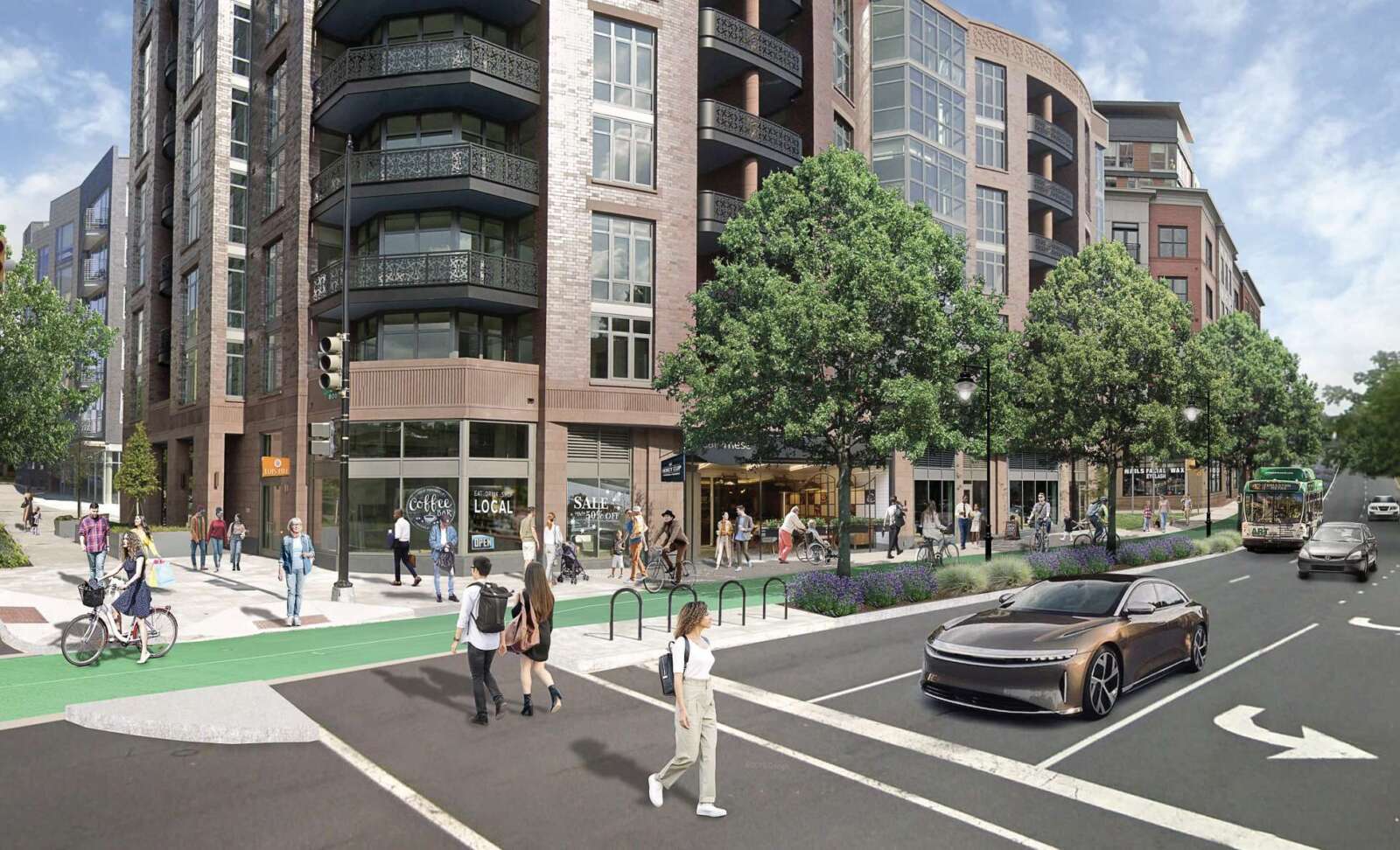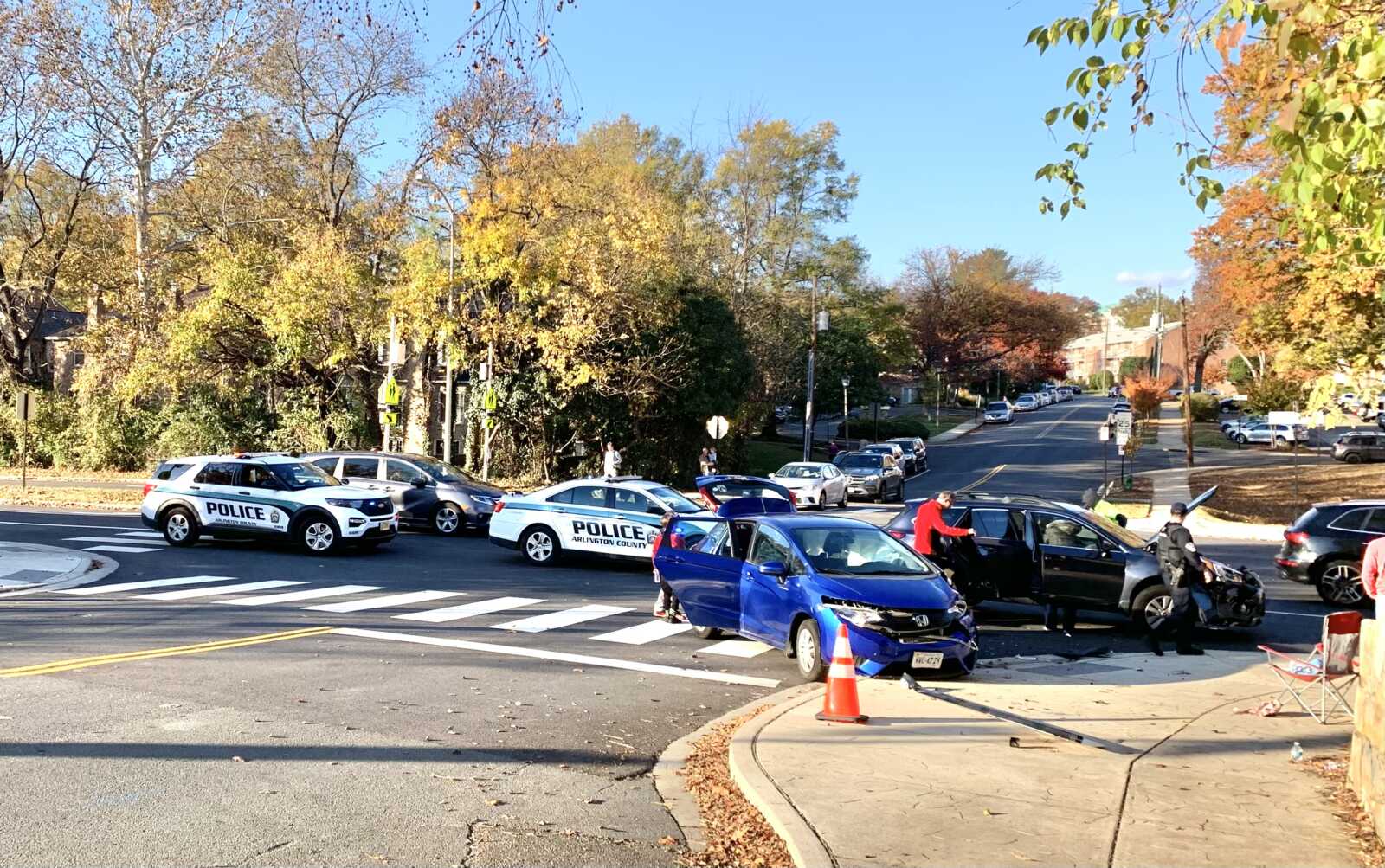
Relief is coming for a crash-prone intersection in front of the Lubber Run Community Center.
Arlington’s Dept. of Environmental Services says it is working on an expedited design and construction timeline to install a traffic signal at the intersection of N. Park Drive and N. George Mason Drive, near Barrett Elementary School, by the end of 2024.
Last month, the county told ARLnow it was working to get a signal installed within the next three years. The decision to shorten the timeline responds to an uptick in crashes there this year, DES told the Arlington Forest Civic Association in a meeting yesterday (Wednesday).
“The signal project is on target for completion by the end of next year,” Vision Zero Coordinator Christine Baker tells ARLnow. “We must procure all materials and finalize construction plans.”
With the installation date a year away, the county evaluated a trio of interim solutions while removing and trimming overgrown trees and shrubs in the median to improve sight distances.
At this troubled intersection, drivers on N. Park Drive have a two-way stop sign before traversing the four lanes of traffic on N. George Mason Drive.
Left turns and through traffic on N. Park Drive are the primary causes of crashes, says Baker.
After evaluating temporary stop signs, traffic signals or barriers to restrict certain traffic patterns, DES decided to keep exploring how to add barriers.
“We are also assessing the potential impacts to nearby intersections, such as Henderson, to ensure safe alternative routing,” Baker said.
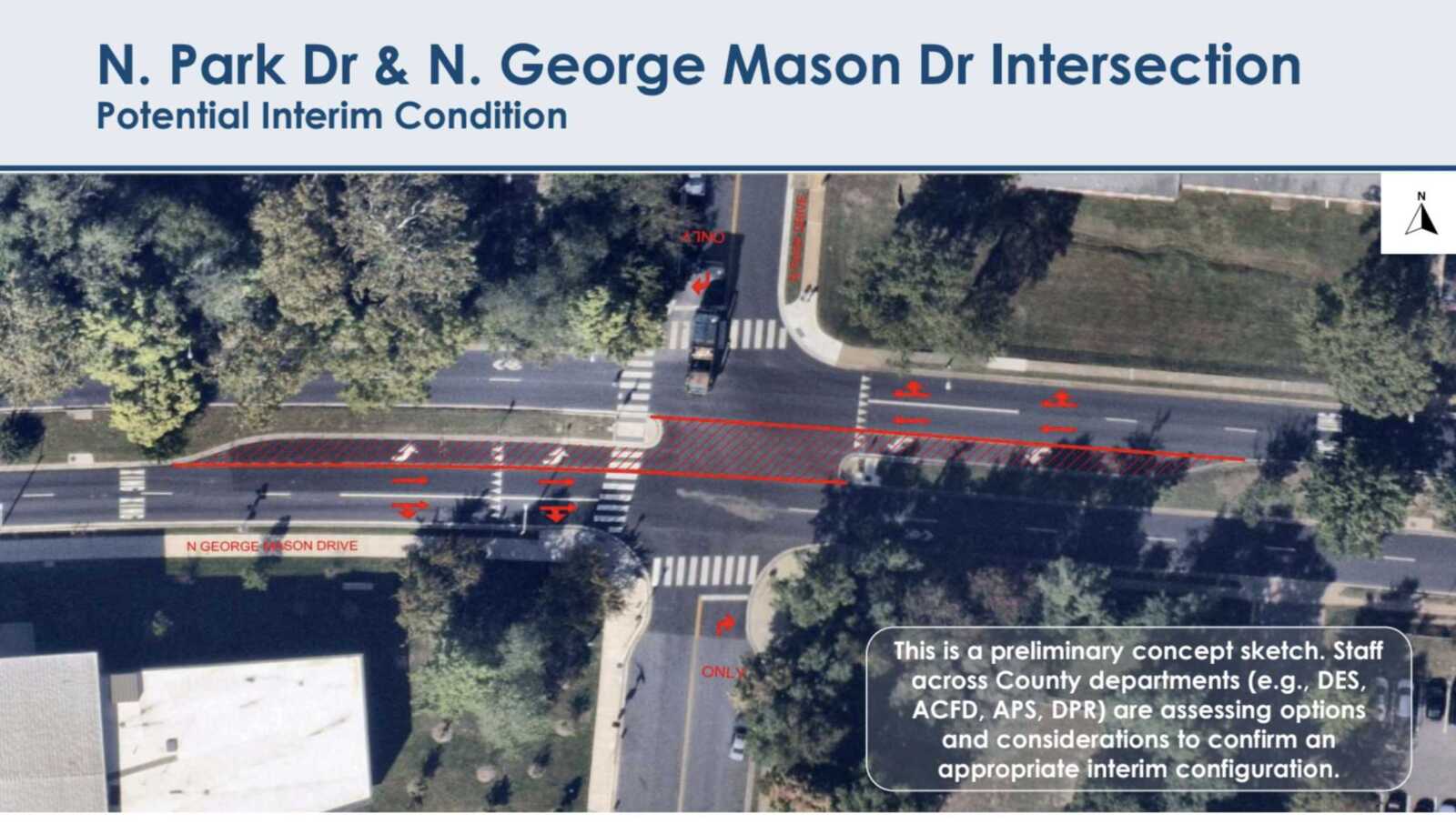
In its presentation last night, DES said turn restrictions are easy to install and effective. Crashes dropped at the intersection of Old Dominion Drive and Little Falls Road when similar turn restrictions were introduced there.
The restrictions on turning and going straight on N. Park Drive are set to be installed before the end of 2023. They will be removed when the traffic signals go in at the end of next year.
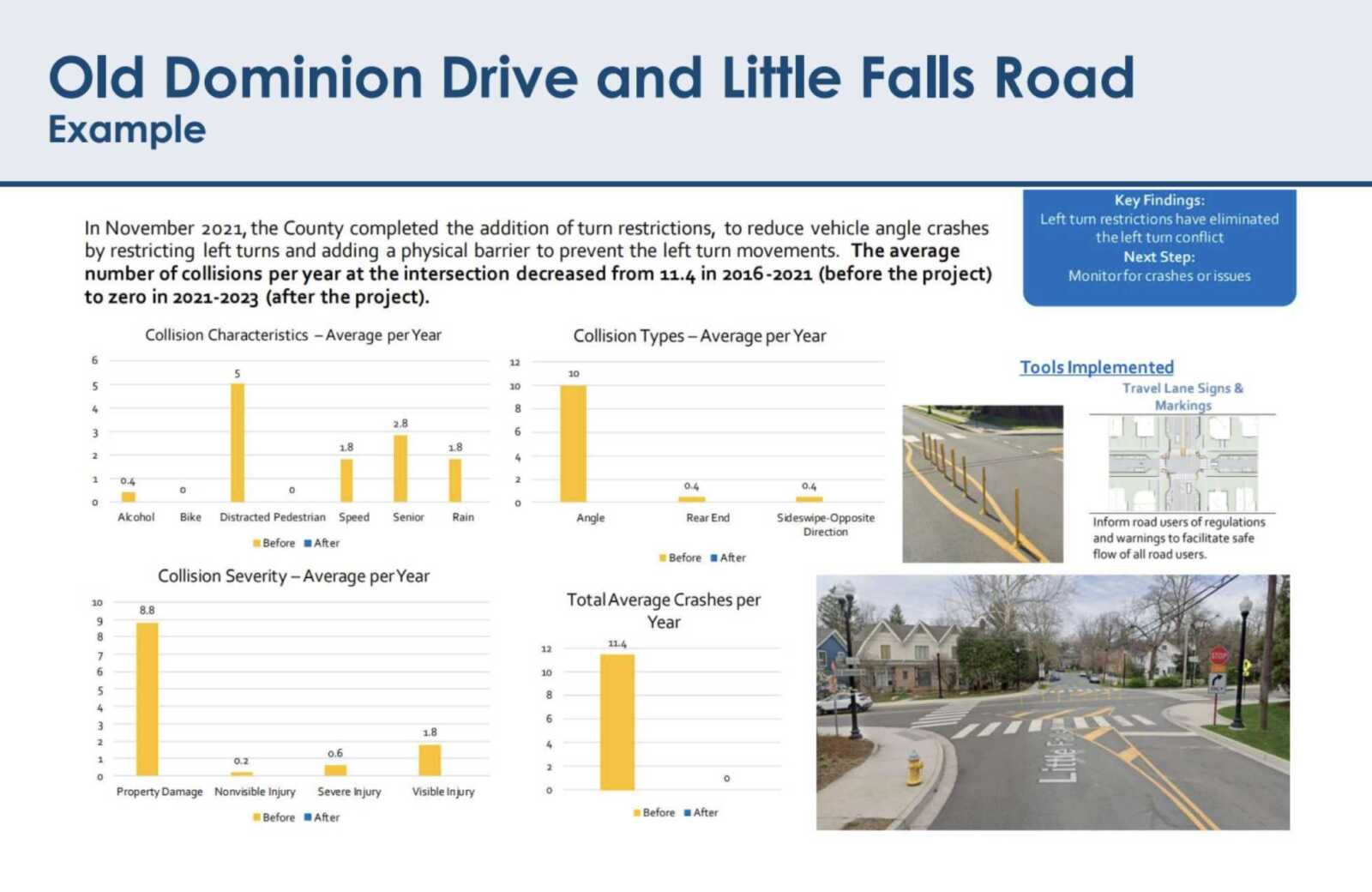
The updates are good news for residents, who have been asking for a solution soon, predicting pedestrians could get hurt. So far this year, the county has lowered speeds on the road near Barrett, repaved and restriped intersection — adding a “SLOW SCHOOL XING” message.
“Arlington Forest residents have been very concerned about safety at the intersection of George Mason Drive and North Park Drive for several years,” Arlington Forest Citizens Association President Esther Bowring said in a statement.
“That is why we are appreciative that Arlington County has now committed to not only expediting installation of a traffic signal at that location, but also to installing interim measures to improve pedestrian and traffic safety until the signal is installed,” she continued.
A traffic signal was recommended back in 2017, when traffic near the site was studied as part of plans for the new Lubber Run Community Center. Ultimately, the county moved forward with a Rectangular Rapid Flashing Beacon and pedestrian refuge.
Staff did pledge to conduct a traffic signal analysis after the community center was finished and new travel patterns settled.


